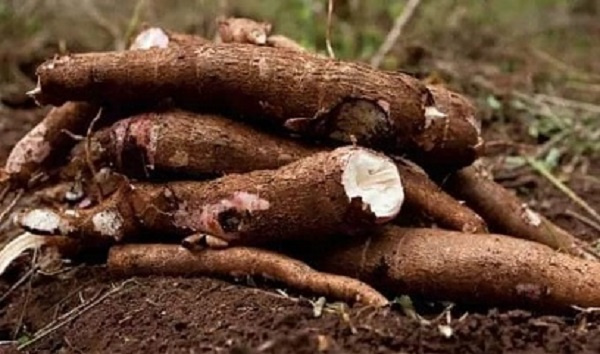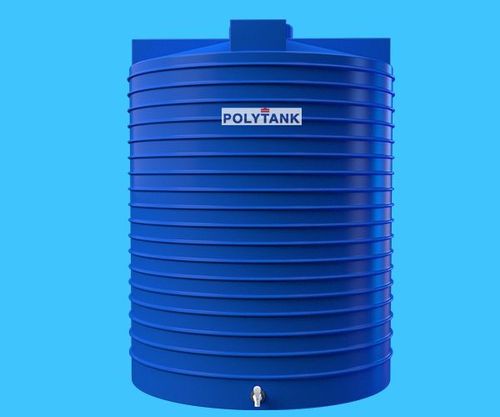One product, cassava, is a staple of the Ghanaian diet because it grows well in the country’s fertile soils, where farming is both a tradition and a source of sustenance. Beyond its culinary prowess, cassava is a basic item that adds its starchy magic to a variety of Ghanaian cuisines. However, what determines the price of cassava in Ghanaian markets is fascinating.
Join us as we peel back the layers of the cassava trade in an effort to comprehend the complexities of the economy, and the influence on Ghanaians’ daily lives. The price of cassava is more than just a cedi; it also represents Ghana’s agricultural vitality and the country’s economic lifeblood.
Market Price of Cassava in Ghana
Cassava is a major crop in the farming systems of Ghana, representing 22 per cent of GDP compared to 5 per cent for maize, 2 per cent for rice, sorghum, and millet, 14 per cent for cocoa, and 11 per cent for forestry.
The Food and Agriculture Organization (FAO) recognizes cassava as an important crop in Ghana and provides a country case study of cassava development in Ghana. The profitability of cassava production in the Ashanti region of Ghana was found to be USD 22.75 per acre.
Cassava is an important crop in Ghana, and it is used in various ways; Cassava is processed into flour, which is used in making various dishes such as “banku,” “fufu,” and “gari”. Cassava is used as animal feed in Ghana, and it has been found to reduce the cost of feed, increase livestock production, and create job opportunities.
Cassava is used in various industrial applications in Ghana, such as for starch, flour, ethanol, and chips. Cassava is used in traditional medicine in Ghana, and it has been found to have potential health benefits such as being a source of vitamins, fibre, potassium, and antioxidants.
Also, Cassava cultivation contributes to the income of farmers in Ghana, and it has been increasing at a faster rate than the area cropped. Being exported from Ghana, it has been found to be a potential source of foreign exchange for the country.
Current Price of Cassava in Ghana
As of October 10, 2023, the retail price range for cassava in Ghana is between GHC 10.00 and GHC 11 per kilogram or between GHS 5 and GHS 6 per pound in Accra and Kumasi.
Also, the wholesale price for cassava depends on the quantity of cassava you want to buy.
Factors Affecting the Price of Cassava in Ghana
Seller: The cost of producing cassava, including labour, fertilizers, and other inputs, can affect the price of cassava. Due to this, sellers who incur a higher cost in production etc. increase the price of cassava to make up.
Distribution: The cost of transporting cassava from the seller to the buyer can affect the price of cassava. Also, the cost of storing cassava can also affect the price, as storage costs may be passed on to the buyer.
Location: The demand for cassava in a particular location can affect the price, as higher demand may lead to higher prices. Also, the level of competition among cassava sellers in a particular location can also affect the price, as more competition may lead to lower prices.
Harvest season: The time of year when cassava is harvested can also affect the price, as prices may be lower during the harvest season when there is an oversupply.
Supply and demand: The balance between the supply and demand of cassava can affect the price, as an oversupply may lead to lower prices, while a shortage may lead to higher prices.
Recommended Resources:
Cassava is an important crop in Ghana, and its price is affected by various factors, including changes in food consumption and incomes, heavy reliance on food imports, production factors, policy interventions, availability and demand, and the cost of agricultural inputs. The availability and demand for cassava in a particular location can also affect its price, as well as the level of competition among cassava sellers.
The profitability of cassava production in Ghana has been found to be positive, generating positive net marketing margins across major producing centres. The development of the cassava sector in Ghana has been recognised as important for food security, poverty alleviation, and application for several uses. Overall, cassava is an important crop in Ghana, and its price and uses have significant implications for the country’s economy and food security.






